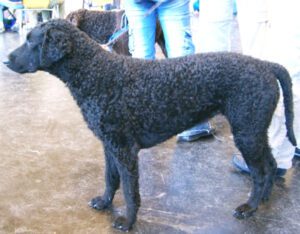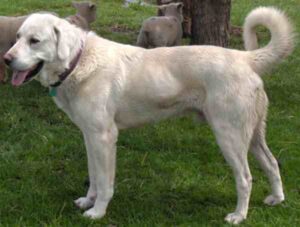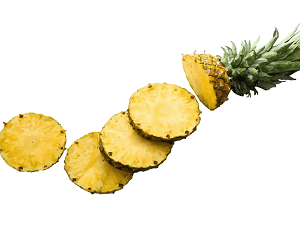Can dogs eat apples? Is apple safe for dogs? These are common questions most of the dog owners ask. If you don’t have enough time to read more about whether can dogs eat apples or not, the straight answer is YES.
As a conscious dog owner, you always want to ensure that your dog is healthy and happy. One question that frequently arises is whether can dogs eat apples or not, and the answer is yes. Apples are safe and healthy for dogs, as long as they are consumed in moderation and prepared correctly.
Apples are a rich source of fiber, vitamins, and minerals that are essential for a dog’s overall health. The fiber in apples can aid digestion and keep your dog feeling full, which is helpful for weight management. Apples are also rich in vitamin C, which can boost the immune system and protect against disease.
When feeding apples to your dog, it is important to remove the core and seeds, as they contain cyanide, which can be toxic to dogs. The flesh of the apple is safe for dogs to eat, but be sure to cut it into small pieces to prevent choking. It is also recommended to wash the apple thoroughly to remove any pesticides or harmful chemicals that may be on the skin.
While apples are generally safe for dogs to eat, there are some considerations to keep in mind. If your dog has diabetes, you should limit their intake of apples due to their high sugar content.
Some dogs may have an allergic reaction to apples, which can cause symptoms such as itching, vomiting, or diarrhea. If you notice any adverse reactions after feeding your dog apples, stop giving them to your dog and consult with your veterinarian.

Can Dogs Eat Apples?
YES, dogs can eat apples and they can be a healthy and nutritious addition to their diet. Apples are a great source of vitamins and minerals that are beneficial to a dog’s health.
Dogs are often known for their love of meat and treats, but many pet owners are wondering if dogs can eat apples. The answer is yes, dogs can eat apples, and they can be a healthy and nutritious addition to their diet. However, there are some things that pet owners should keep in mind when feeding apples to their dogs.
Apples are a great source of vitamins and minerals that are beneficial to a dog’s health. Apples contain vitamin A, vitamin C, and fiber. Vitamin A helps maintain healthy skin, while vitamin C is important for the immune system. Fiber helps keep the digestive system healthy and can prevent constipation. In addition to vitamins and minerals, apples are also low in fat and calories. This makes them a great snack for dogs who are watching their weight. Apples are also a good source of hydration, as they are about 85% water.
When feeding apples to dogs, it is important to remove the core and seeds. The seeds contain small amounts of cyanide, which can be toxic to dogs. While the amount of cyanide in apple seeds is small, it is still best to err on the side of caution and remove them before feeding apples to your dog. It is also important to cut the apple into small pieces before feeding it to your dog. Dogs have small throats and can choke on large pieces of food. Cutting the apple into small pieces will make it easier for your dog to chew and swallow.
While apples can be a healthy addition to a dog’s diet, they should not be the main source of food. Dogs require a balanced diet that includes protein, fat, and carbohydrates. Apples should be given as a treat or as part of a balanced diet. Some dogs may have an allergic reaction to apples. Signs of an allergic reaction include itching, hives, and swelling. If you notice any of these signs after feeding your dog apples, stop feeding them and consult your veterinarian.
Another important thing to keep in mind is that some dogs may have difficulty digesting apples. Apples are high in fiber, which can cause digestive upset in some dogs. If your dog has a sensitive stomach or digestive issues, it is best to introduce apples slowly and in small amounts.





